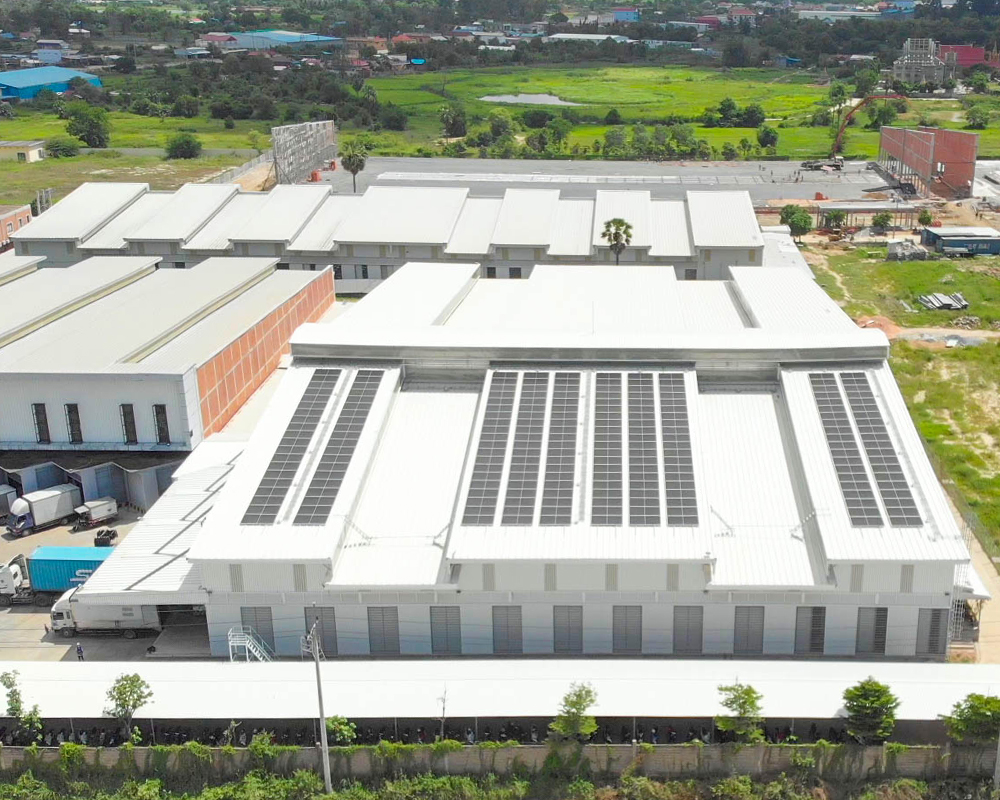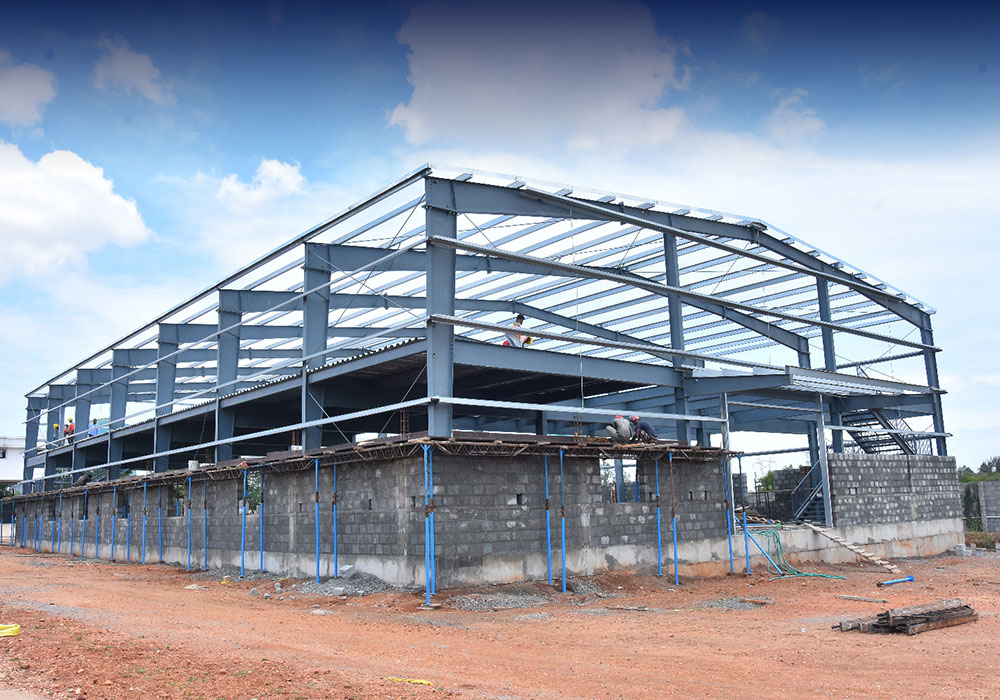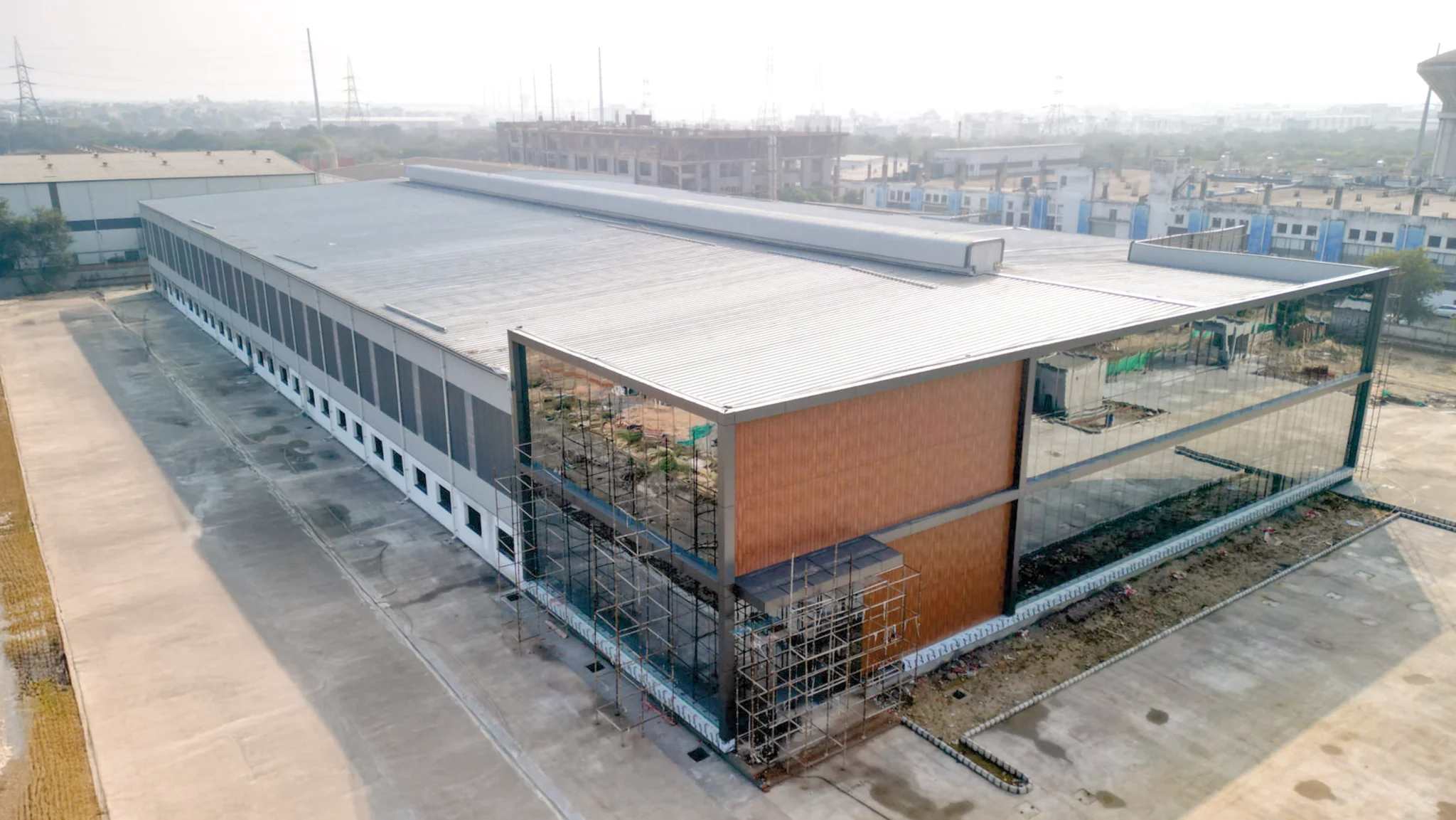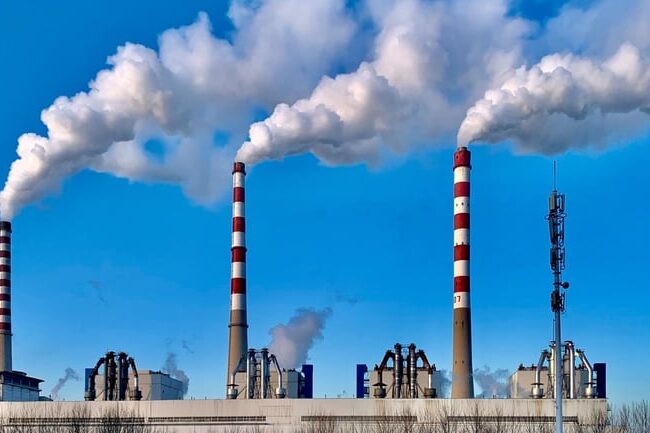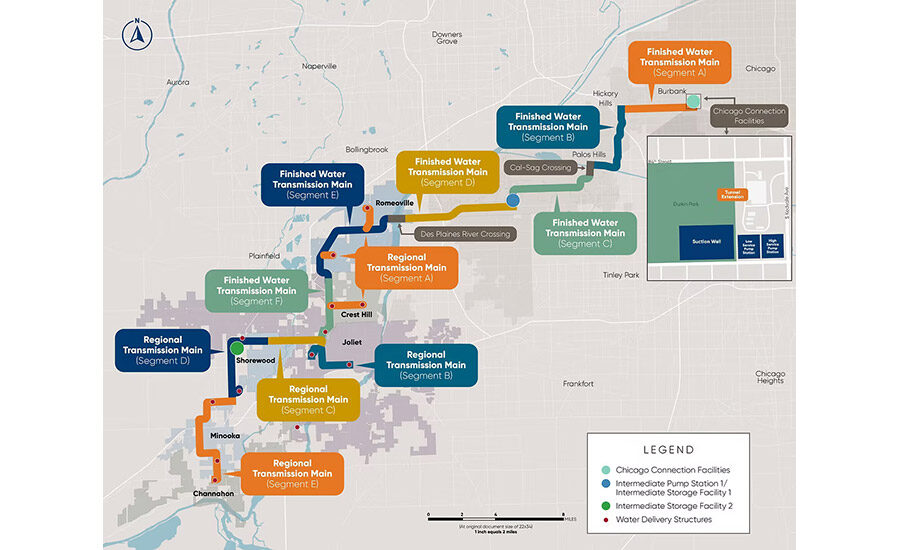
$1.45B Pipeline Project to Deliver Chicago Water to South Suburban Communities
[ad_1]

Construction has begun on a $1.45-billion, 60-mile water pipeline that will enable Chicago to provide drinking water to six south suburban communities that currently rely on wells not expected to be able to meet demands by 2030.
The project will deliver drinking water from Lake Michigan to Joliet, Ill., the state’s third largest city, along with the nearby municipalities of Channahon, Crest Hill, Minooka, Romeoville and Shorewood. Those areas “have deep, ancient underground aquifers that are rapidly depleting,” says David Kohn, deputy commissioner of Regional Partnerships for Chicago’s Dept. of Water Management. “They needed to find a different water source.”
Funding will be provided by the communities receiving the water, who will oversee the work under the newly formed Grand Prairie Water Commission (GPWC), with Joliet taking the lead. The project includes the construction of more than 62 miles of large diameter
transmission main, constructed of steel and concrete and measuring between 16 in. to 66 in. in dia; three pump stations; two water storage tanks; and 13 water delivery structures.
The pipeline will run about 30 miles from Chicago to Joliet and include an additional 30 miles of pipeline to distribute water to the various communities; It’s expected to serve 250,000 people when complete in 2030. It will deliver 55 million gallons of water a day, with capacity to deliver up to 105 million gallons a day in the future. The longest pipeline currently carrying Lake Michigan water to the suburbs is 16 miles long.
Michels Trenchless, Brownsville, Wis., is the contractor for the first step in the project, now underway, to create a new connection to Chicago’s water system at the Southwest Pumping Station, located near Durkin Park in the 4000 block of South Western Avenue in Chicago. GPWC is also constructing an adjacent 4-million-gallon reservoir. “This reservoir
will support the operation of the high service
pump station that will drive water through
the regional transmission system to the
delivery points for the member communities.
The reservoir will be mostly below grade and
covered with landscaping to blend into an
existing park,” the group explains on its website.
The pipeline is designed by engineering firms Stantec and Crawford, Murphy and Tilly, which has offices in Illinois, Indiana, Missouri, Ohio and Florida.
There are about 25 more bid packages posted on GPWC’s website, including work to be done at pumping service stations, tunnel extensions, water transmission lines, storage facilities, video surveillance, river crossings and security.
“This is a very ambitious project with a huge amount of work going into it,” Kohn says, adding that the project is “historic … it is the largest expansion of the Chicago water system in three decades.”
Providing water to the suburban communities is expected to generate $30 million in annual revenue for Chicago.
[ad_2]
Source link
Post a Comment
You must be logged in to post a comment.



